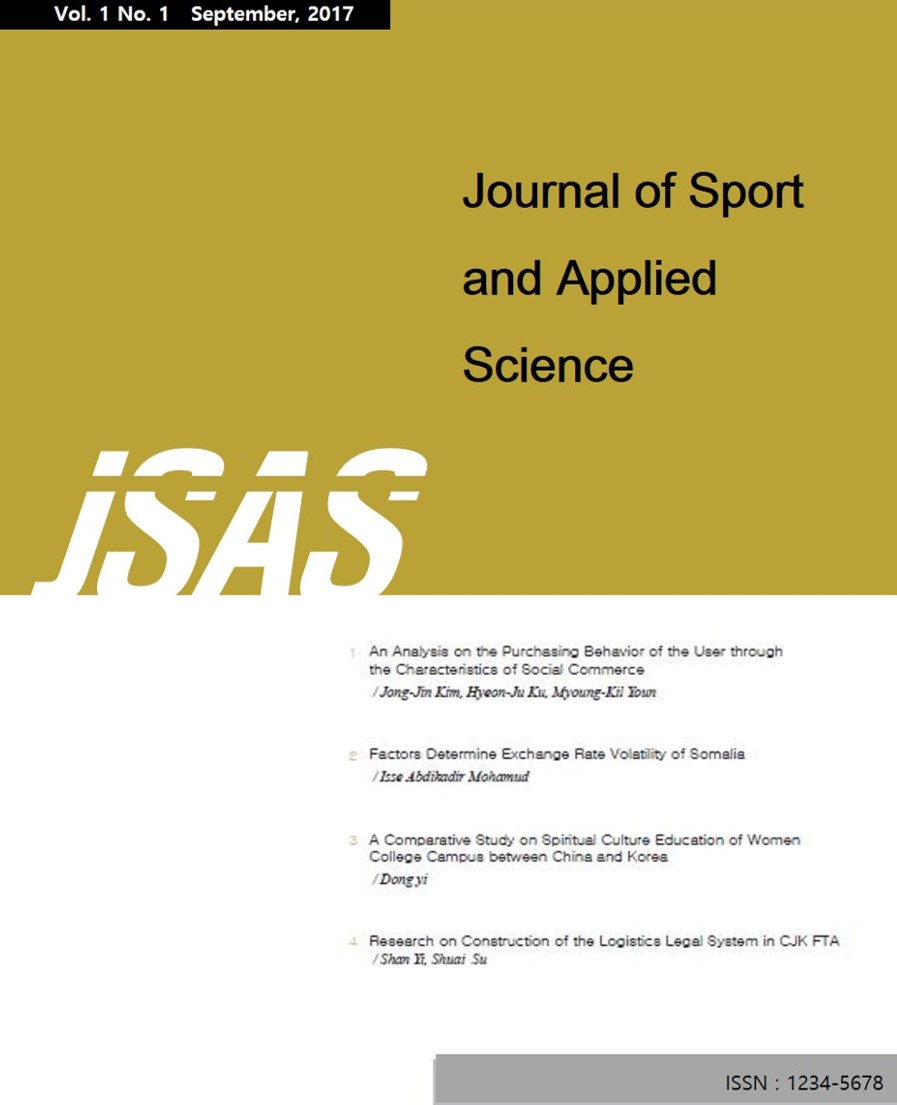- 권한신청
- E-ISSN2586-6028
- KCI Candidate
Effect of Functional Rehabilitation Exercise for Correct Posture on Physical Balance and Physical Factors
Jin Wook JUNG (Depatrment of Sports and Culture, Dongguk University)
Mun Young HEO (Department of Sports & Health science, Shinhan University)
Seung Jin HAN (Department of Sports & Outdoor, Eulji University)
Abstract
Purpose: This study attempted to investigate the effect of functional rehabilitation exercise for posture correction on physical strength factors and physical balance. Research design, data, and methodology: It consisted of 40 experimental groups that applied functional rehabilitation exercises to 80 people with posture imbalance and 40 comparative groups that performed general exercises, and was conducted four times a week, once for 40 minutes, and for 12 weeks. Results: D.S. (p<.o1) among F.M.S., a moving assessment. It increased significantly from the dictionary, and H.S. (p<.o5). I.L(p<.o5). S.M(p<.o5). A.S.L.R(p<.o5). T.S.P(p<.o01). It was confirmed that R.S. (p<.o5) decreased more after than before. In other words, Functional rehabilitation exercise was effective in improving physical balance. PAPS flexibility (bending forward) (p<.o1). Muscle strength (grip strength test) (p<.o1). Quickness (long jump) (p<.o1). Functional rehabilitation exercise was found to be effective in muscle strength, agility, and flexibility, but not in cardiopulmonary endurance. Pain: Based on the NRS scale (1-10 points). The experimental that there was a significant interaction between the groups.(F=38.583, P=.000). In the comparative group, there was no significant difference in the pre-post, and it was found that the pain level in the experimental group decreased after the pre-post (p<.001). Conclusion: As a result of the above study, it was confirmed that functional rehabilitation exercise improves physical strength factors and physical balance ability, and also affects physical pain reduction due to physical imbalance.
- keywords
- Functional rehabilitation exercise, Posture correction, Correct posture, and Physical Strength Factors
- 다운로드 수
- 조회수
- 0KCI 피인용수
- 0WOS 피인용수














